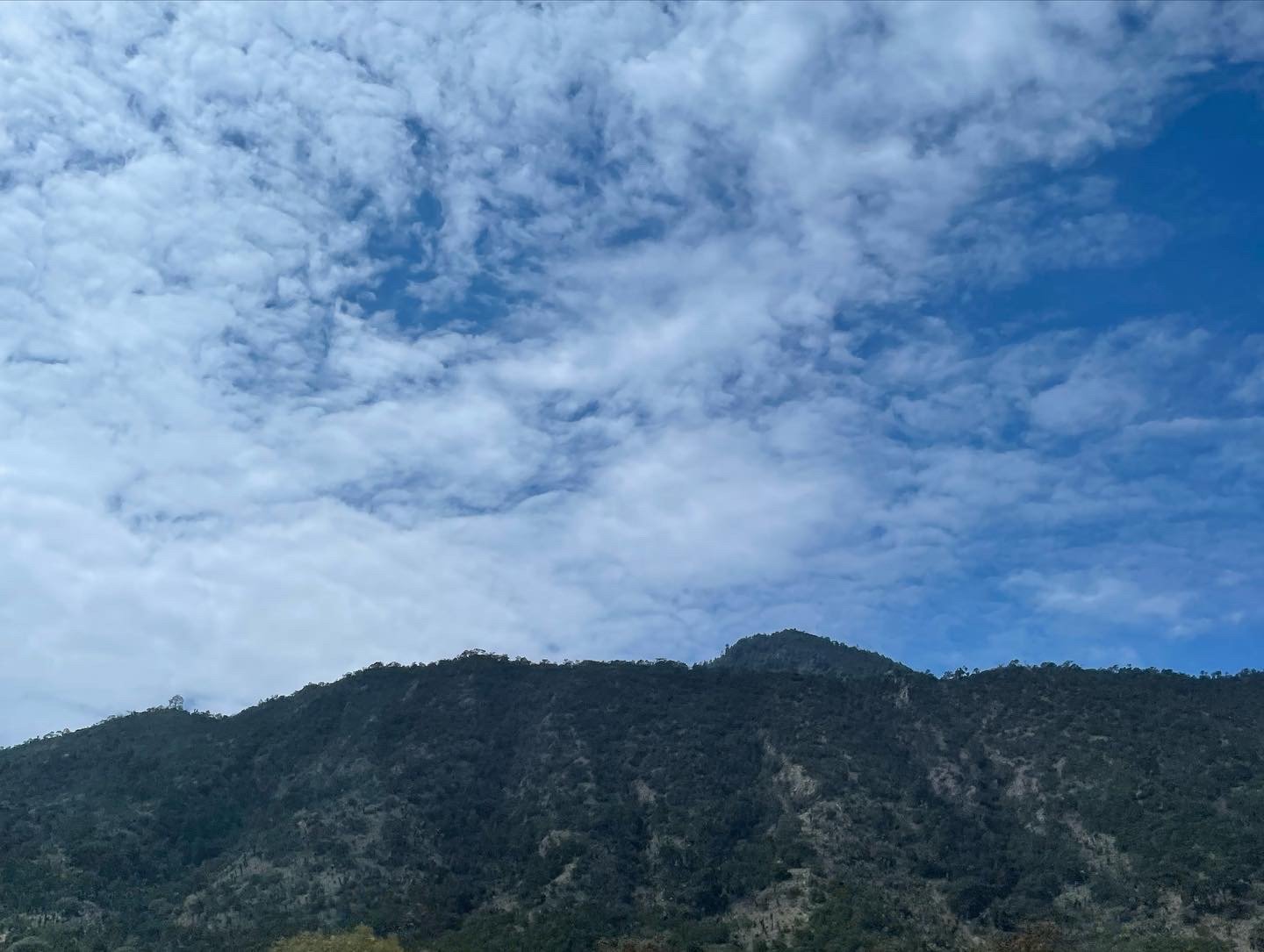
What Does El Paso Mean to You?
Anaïs Deal-Márquez
When you leave Juarez you leave empty skeletons, questions stuck inside bullet-ridden walls.
There was a time you crossed over to buy gas and fruit. I remember that, she says. They stole half our land,
but we pay them in water. Tears fill altars with cempazúchitl that through the years carry the songs of missing flags.
How do you remember Juarez I ask her. Green and safe she says. White gates, soccer balls on concrete. Alive.
Today she talks of family, of laughter on the Franklin mountains, of when she became the jockey on the racehorse in her living room,
playing tag through the woods in Ruidoso, New Mexico. My mother says you can read pain in a picture.
You can always tell when one eye is sad. And when she talks of nosebleeds with no earth to fall upon,
I want to hold her with my words, want my arms to be strong enough to sift through trash bags with children planning their great escape,
strong enough to lift away punches nestled into shoulders that have learned to carry themselves like warriors in battle.
She speaks of her México in Spanish most days. It doesn’t hurt as much. My mother carries fire in her eyes.
I want to know how she held the desert heat before she knew English will cut your throat, bend your tongue into blades
that grind your teeth at night. Some days I search for rivers that can lead the way to thearms that carried me over pueblo roads
in processions for our santa, held my hand when her tendons would give out and my weight was too much. No me sueltes, decía.
I chase the sound of her lullabies. Protest songs reverberating against the sound of cicadas at night.
There are days we talk of mangos. Mercados with faces loud and brown in every shade, baskets
weaving fruit and meat of every variety. And when we talk about what’s at the end of the river,
we remember that those faces and those smells make up 30% of the holes, 50% on the bad days,
and we think how mountains make you breathe different and somehow her El Paso is nestled in
my Veracruz and we laugh that midwestern prairies ended up in our origin stories.